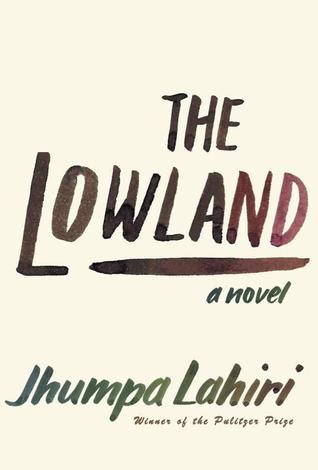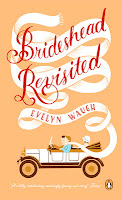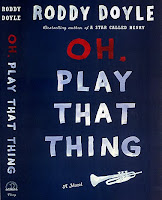I was supposed to write this for The Rumpus, but felt that I had to beg off since I was at such a loss to appreciate this book. I am sure it will find some sympathetic readers, but I just couldn't get on board with its efforts, and was mostly bored and annoyed as I made my way to the end. It doesn't help much to put pans and slams out there for books that aren't exactly raking in the readers anyway. I also felt like maybe my reaction revealed my lack of imagination, and was worried that it would undermine my authority as a reader if I were to write a review mostly consisting of "I don't get it." And maybe I am not the best reader of that kind of work these days -- I want fiction to be at least a little reader friendly, to be absorbing -- yes, to challenge and engage with formal adventures, to make you work a little, but still have basic elements like plot, and interesting characters, and setting. I did write out my puzzlement, which is what lies below.
Reading Pharos Editions’s reissue of Jason Schwartz’s A German Picturesque, the big questions that immediately come to mind are, Why bring a book back from out-of-print? What and why is non-narrative fiction? How do I read a book that is all style, yet is not poetry? Why did Ben Marcus choose this as his one book to resurrect, and what light does that shed on Ben Marcus’s literary ambitions?
***
Reading Pharos Editions’s reissue of Jason Schwartz’s A German Picturesque, the big questions that immediately come to mind are, Why bring a book back from out-of-print? What and why is non-narrative fiction? How do I read a book that is all style, yet is not poetry? Why did Ben Marcus choose this as his one book to resurrect, and what light does that shed on Ben Marcus’s literary ambitions?







